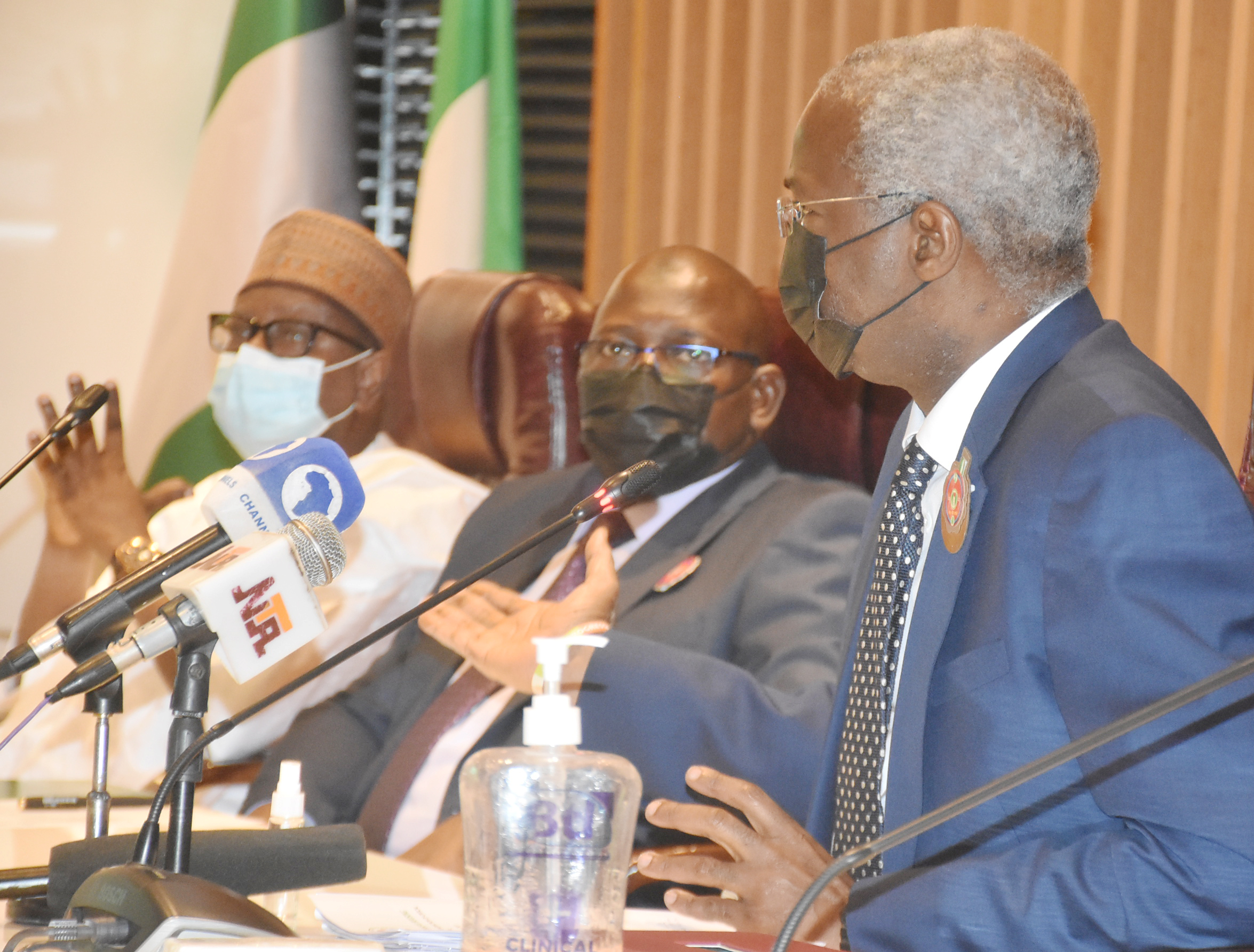Editorial
Curbing Illegal Migration

On December 4, 2000, the United Nations General Assembly (UNGA), considering the vast and increasing number of migrants in the world, proclaimed December 18 as International Migrants Day. The day was selected to mark the commemoration of the 1990 adoption by UNGA of the International Convention on the Protection of the Rights of All Migrant Workers and Members of Their Families.
Migration is a global phenomenon spurred by many forces. These start with aspirations for dignity, safety and peace. The decision to leave home is always extreme, and, too often, the beginning of a terrible, occasionally fatal journey. Migration is driven by dominant economic, social and political forces that governments need to acknowledge as a reality.
Today, more people than ever live in a country besides the one in which they were born. While many individuals migrate out of choice, many others migrate out of necessity. In 2019, the number of migrants globally reached an estimated 272 million, 51 million more than in 2010.
According to a Global Commission on International Migration report in 2005, the number of international migrants increased from 75 million to about 200 million in the past 30 years and migrants could be found in every part of the world. The report also found that the movement could accelerate owing to the increasing developmental, demographic and democratic disparities that existed between various world regions.
The theme of this year is: ‘Harnessing The Potential Of Human Mobility’. Migrants contribute with their knowledge, networks, and skills to build stronger, more resilient communities. The global social and economic landscape can be shaped through impactful decisions to address the challenges and opportunities presented by global mobility and people on the move.
Throughout human history, migration has been a tough expression of the individual’s will to overcome adversity and to live a better life. Today, globalisation, together with advances in communications and transportation, has tremendously intensified the number of people, who have the desire and the capacity to move to other places.
This new era has created challenges and opportunities for societies throughout the world. It likewise has served to underscore the obvious correlation between migration and development, as well as the opportunities it provides for co-advancement, that is, the concerted improvement of economic and social conditions at both origin and destination.
Many organisations and communities celebrate the day through varied activities to alert the public with facts about migrants, problems with human trafficking, the lives of migrant workers’ children, the predicament of refugees, and ways to combat racism. The day is an opportunity to compel governments to look at issues concerning legalisation, immigrant enforcement, and migrants’ human rights.
Here in Nigeria, thousands seek refuge and asylum each year, and some also migrate illegally, transiting through North Africa and then crossing the Mediterranean to Europe. Poverty drives much of this movement: more than 70 per cent of Nigerians live below the national poverty line. Also, millions have been internally displaced owing to sectarian and ethnic conflicts, particularly in cities across the North.
Similar drivers of migration from the country are insurgency, banditry, herdsmen killings, kidnappings, cult-related violence and killings, government persecution of seeming opposition elements, boundary disputes across the nation, unemployment, corruption, inequalities, unfriendly labour laws and low wages, compelling many to seek greener pastures elsewhere in the United States of America, Canada, United Kingdom, European Union, Asia, among others.
Nigeria is a major centre of human trafficking. The US State Department’s 2010 human trafficking report identified the country as a source, transit, and destination for women and children trafficked for forced labour and commercial sexual exploitation. The National Agency for the Prohibition of Trafficking in Persons and Other Related Matters (NAPTIP) reports that about 10,000 people are trafficked from Nigeria annually.
In 2017, the Uited Nations reported that there were 1.24 million migrants from Nigeria and according to a Pew Research Center survey conducted in 2018, 45 per cent of Nigerian respondents said they planned to move to another country within five years. At the same time, Nigeria is home to various foreigners, including those attracted by the oil-export boom from the 1970s and displaced by political conflicts and civil wars in West Africa.
Human trafficking and irregular migration have become a great national concern, especially with many Nigerians trapped in sexual and labour exploitation in various African and European countries. Therefore, there is a need for collaborative efforts at combating these ills including the socio-economic challenges that continue to trigger them. This will promote sustainable development.
Editorial
Beginning A New Dawn At RSNC

Editorial
Sustaining OBALGA’s Ban On Street Trading

Editorial
AFCON ’25: Bravo, Super Eagles, But…

-
Maritime4 days ago
Nigeria To Pilot Regional Fishing Vessels Register In Gulf Of Guinea —Oyetola
-

 Sports4 days ago
Sports4 days agoGombe-Gara Rejects Chelle $130,000 monthly salary
-
Maritime4 days ago
Customs Declares War Against Narcotics Baron At Idiroko Border
-
Maritime4 days ago
NIMASA,NAF Boost Unmanned Aerial Surveillance For Maritime Security
-

 Sports4 days ago
Sports4 days agoTEAM RIVERS SET TO WIN 4×400 ” MORROW” …Wins Triple jump Silver
-

 Sports4 days ago
Sports4 days agoNPFL Drops To 91st In Global League Rankings
-

 Sports4 days ago
Sports4 days agoNPFL Impose Fines On Kwara United Over Fans Misconduct
-

 Sports4 days ago
Sports4 days agoNIGER DELTA GAMES PANACEA TO YOUTH DEV”

